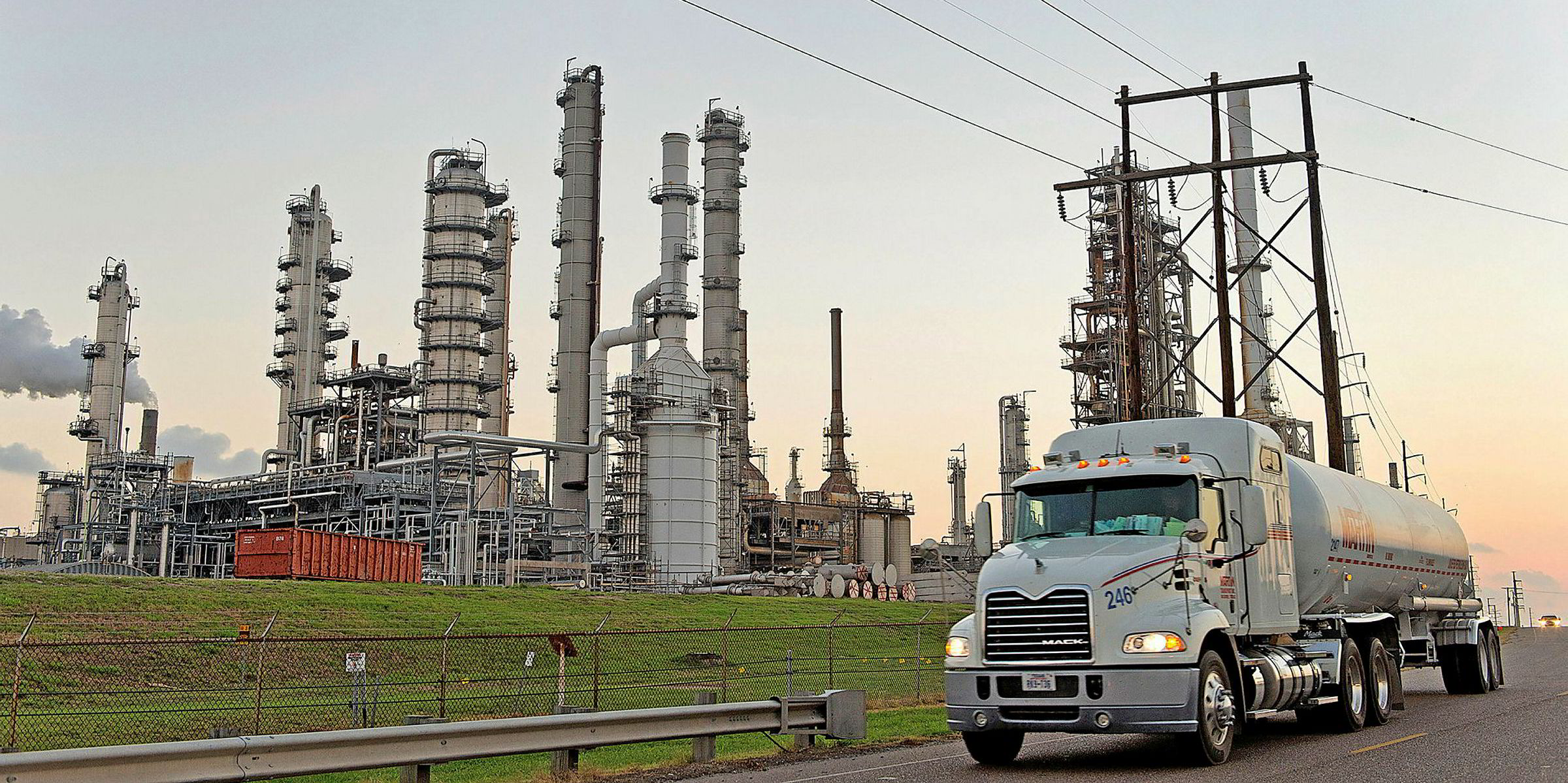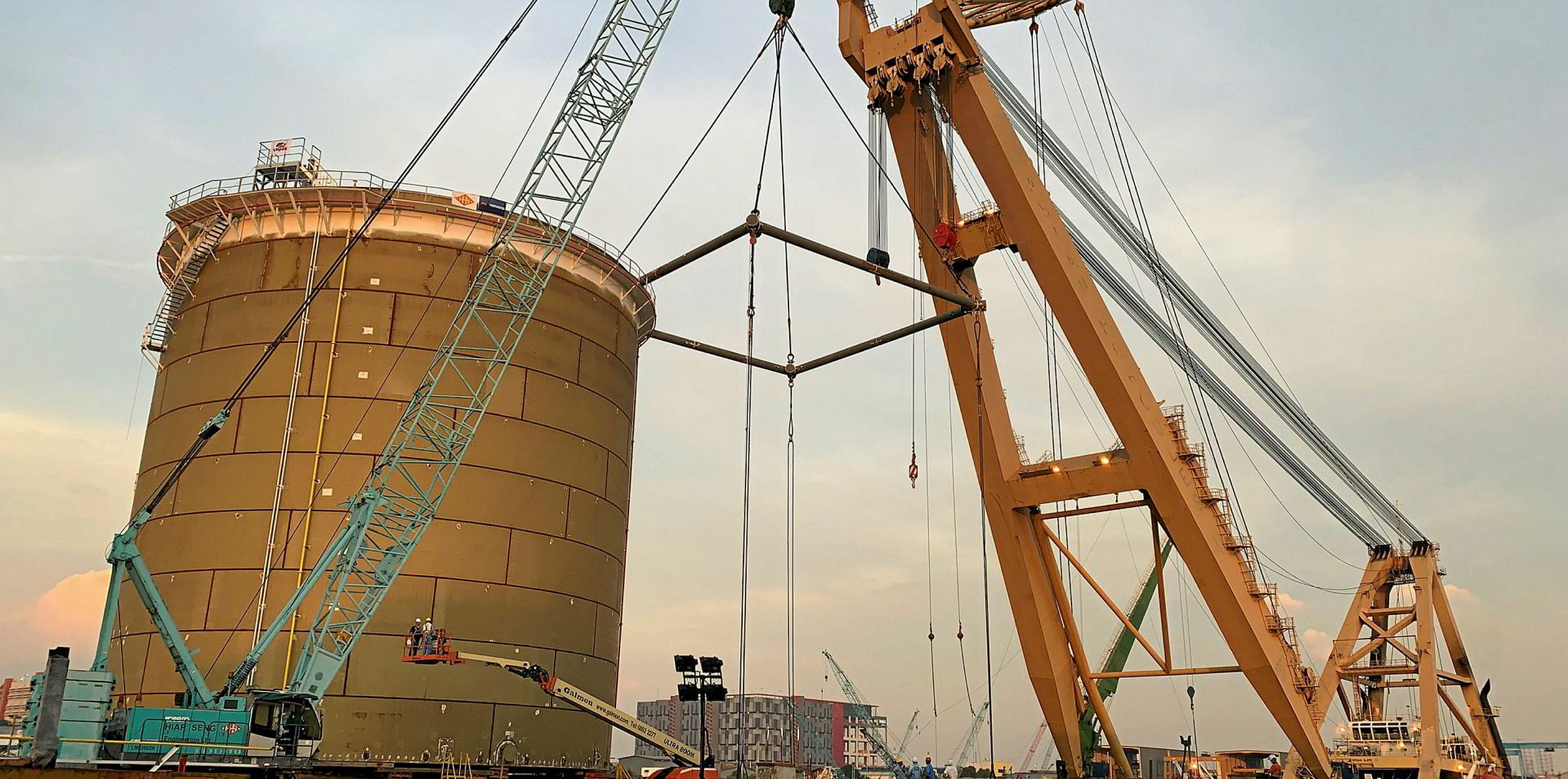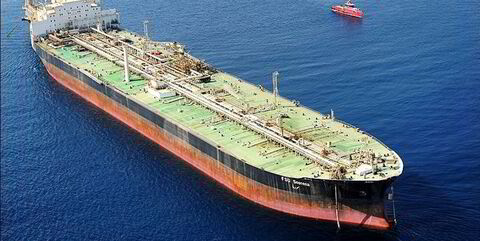Leading shipping lawyers have warned of the potential for thorny legal disputes arising from the new IMO 2020 sulphur fuel rules.
Speaking at a seminar in London, Quadrant Chambers barrister Thomas Macey-Dare QC said legal action could arise from arguments over the respective responsibilities of owners and charterers.
"All of us involved in charterparty disputes will have plenty to keep us busy in the coming months and years," he cautioned.
Under standard time-charter contracts like Shelltime 4 and NYPE 1946, charterers must provide the bunkers for vessels. They also own this fuel.
Macey-Dare said it was possible that charterers would insist on ships retrofitting scrubbers to remain compliant with terms of charterparties agreed long before the new IMO legislation.
He said there are legal precedents for owners having to modify ships due to charter requirements, but this has not yet been tested for IMO 2020.
Commercial imperative
Macey-Dare asked whether burning bunkers counts as one of the "services" owners are expected to provide under contracts. He said: "Arguably not."
But he added that choosing bunkers and bunkering ports is part of the commercial operation of the ship decided by charterers under the contract.
The barrister said: "There are really no clear and obvious satisfactory arguments against this, but it does not seem right that charterers can insist on scrubbers being fitted in the absence of specific wording.
"I would expect arbitration tribunals to be sympathetic to this."
New Bimco and Intertanko contracts place responsibility for bunker provision on charterers.
But another Quadrant shipping barrister, James Turner QC, said: "Charterers may not accept the Bimco and Intertanko clauses.
"They would seek a more equitable sharing of risk. It's that sort of tinkering that may give rise to questions of construction."
Technical questions
Nick Chell, a former chief engineer and current shipping technical director of consultancy LOC, said: "Port state control is likely to be taking a keen interest in January in what is in vessels' tanks."
He explained that if scrubbers break down repeatedly or for more than an hour, this must be reported to the next port and the flag state.
Operators must then decide whether it is better to go off-hire and wait for repairs or pay more for LSFO, he added.
There is no excuse for not buying more expensive compliant fuel, he warned.
Keep your records
Compliance data has to be retained for 18 months and be downloadable.
"So if an owner is saying he doesn't have the data, he's telling you porkies," Chell said.
He also pointed out questions over the quality of new blends.
"It's good advice never to mix fuel, but owners will have to be even more aware after January," he said.
If owners cannot buy compliant fuel at a port, they have to use a fuel oil non-availability report (FONAR).
But Chell warned these may not prevent legal action.
Operators have to demonstrate they made "best efforts" to find suitable bunkers, he said.
Regulators will look at the number of FONARs used by the company's whole fleet and whether there has been proper planning.
There must be evidence of attempts to procure fuel, including email trails with suppliers and charterers, Chell added.






